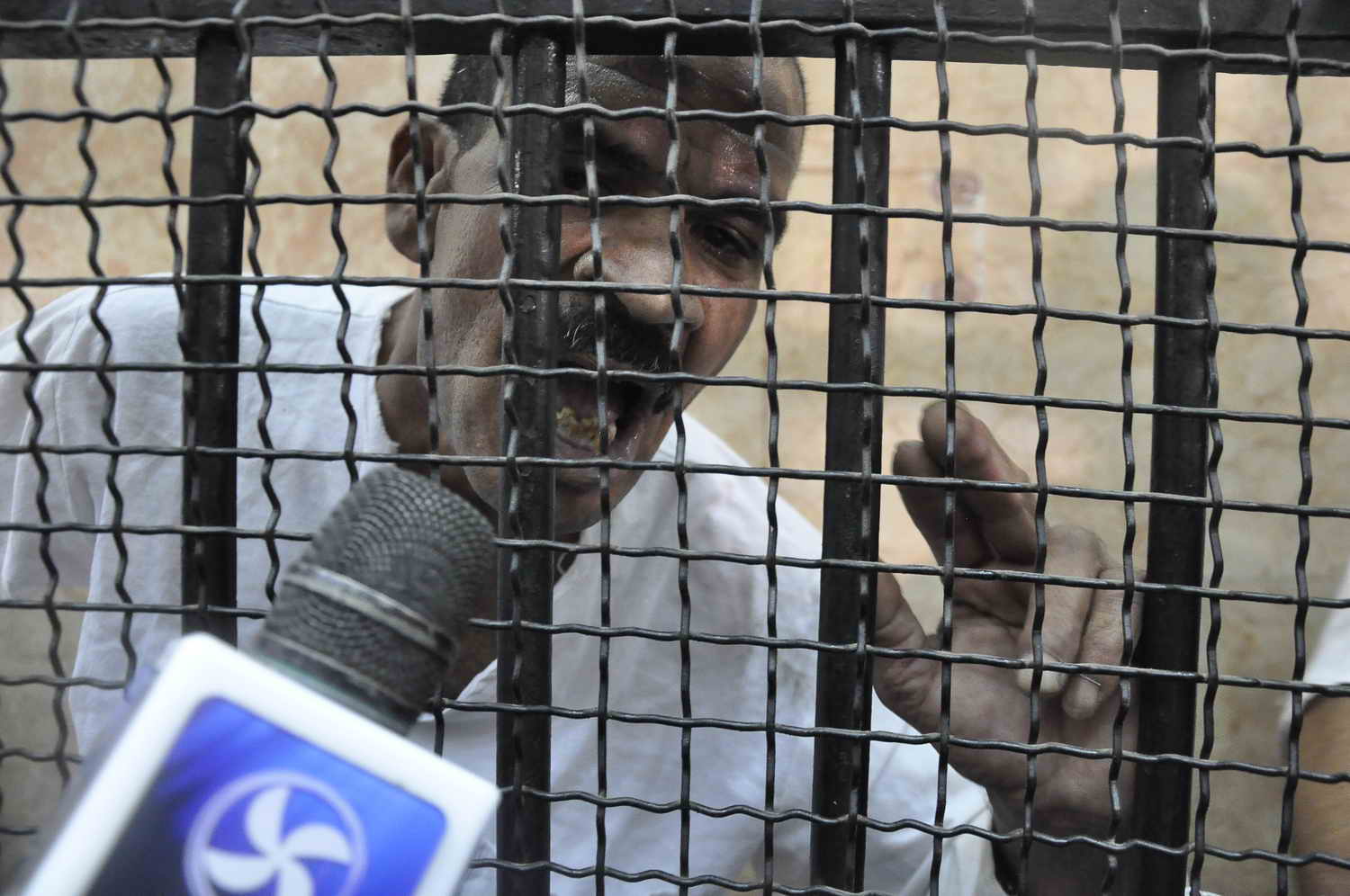CAIRO: Presidential hopeful Mohamed ElBaradei, in an interview published on Wednesday, criticized the ruling army’s refusal to allow foreign monitoring of forthcoming elections and its subjection of civilians to military trials.
The former head of the UN nuclear watchdog also told the newspaper Al-Shorouk he was concerned that continued economic stagnation in Egypt, following the exodus of tourists and investors in the wake of the uprising that toppled Hosni Mubarak, could fuel renewed popular anger in the country.
"Refusal of international election monitoring, one of the main seven demands voiced before the revolution for democratic transition, [is based] on the erroneous understanding of interference in (the country’s) sovereignty," ElBaradei said.
The ruling military council, which took over after Mubarak’s overthrow in February, had said it would not allow foreign monitoring of elections.
Parliamentary elections will take place in stages and dates are due to be announced in September. Presidential elections will follow but a date has not been set yet.
"International monitoring is confirmation of sovereignty and transparency and not the reverse," said ElBaradei, one of at least 10 people who have said they intend to run, including former military officials, Islamists, judges and activists.
He also criticized the subjection of political activists to military trials. The ruling army has recently drawn fire for this practice, which was common under the ousted president, but not as frequent as under military rule this year.
"(Military trials of civilians) means dealing with the people with the same mentality as the former regime and deviating from the revolution’s basic demand of returning to people their freedom and dignity," ElBaradei told al-Shorouk.
He said economic growth had stalled because security had not been fully restored to the streets since the uprising. Egypt’s economy shrank in the first quarter and growth is expected to remain weak during the second half of 2011 as the political unrest freezes economic activity.
"The economy will not bounce back until security returns," ElBaradei said. "Security is returning gradually and is back at 65 percent. Why has it not fully returned till now?"
"(If) the economy remains as it is, popular anger will return … If a second revolution takes place, it may not be peaceful," ElBaradei said.

